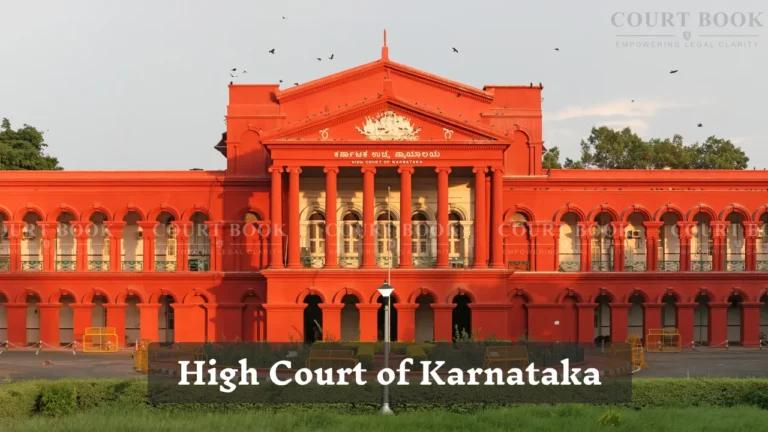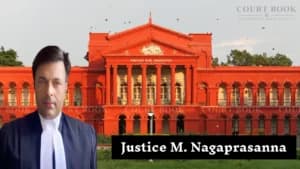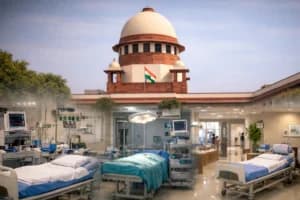In a significant hearing before the Karnataka High Court, X Corp (formerly Twitter) challenged the arbitrary issuance of content takedown orders by various Central government officers under Section 79 of the Information Technology Act. The social media platform submitted that thousands of government officials across India are issuing blocking directions based on their personal views of what is lawful or moral, creating inconsistent and opaque content regulation.
"Thousands of officers appointed by the Union across the country, each with their own subjective understanding of online content, are making decisions within their respective jurisdictions under Section 79," said Senior Advocate KG Raghavan, representing X Corp, before Justice N Nagaprasanna.
Read Also:-Karnataka High Court Raises a Lot of Questions on Sealed Documents in Bengaluru Stampede Case
He pointed out that unlike Section 69A, which includes institutional safeguards such as a committee-based process and written justification, Section 79(3)(b) allows an individual officer to act alone. Raghavan argued that this undermines constitutional protections and violates Article 14.
There is no coordination or uniformity among these government officers, and that amounts to arbitrariness, he said, stressing that Section 79(3)(b) lacks the procedural safeguards built into Section 69A and should not be treated as an independent source of blocking powers.
Raghavan questioned the legality of a single officer’s unilateral decision being treated as final, where non-compliance by an intermediary leads to loss of the safe harbour under Section 79(1). He argued that it becomes a case of 'I say so, therefore it is so', resulting in X Corp being forced to comply or face criminal and civil liabilities.
He emphasized that content considered offensive in one state might be acceptable in another due to cultural and regional variations, and allowing individual officers to act based on their own interpretation of what constitutes an unlawful act raises serious legal concerns.
"Can a blocking order be passed from the confines of a government officer's room? The answer is no," he submitted, adding that this approach strips intermediaries of their legal protection without due process.
Raghavan clarified that X Corp does not claim to be above the law, but rather insists that the procedures must be fair and consistent. He referred to the Supreme Court’s landmark ruling in Shreya Singhal v. Union of India (2015), which upheld the need for procedural safeguards in content regulation, particularly under Section 69A.
Justice Nagaprasanna, however, observed that the Shreya Singhal ruling interpreted the 2011 IT Rules and not the current 2021 Rules. He clarified, Shreya Singhal was delivered while interpreting 2011 Rules. 2021 Rules are different... the Supreme Court has not interpreted 2021 Rules.
To this, Raghavan responded by referring to a more recent case—Kunal Kamra v. Union of India—decided by the Bombay High Court, which did examine the 2021 IT Rules. He highlighted that Rule 3(1)(d) under the 2021 Rules grants officers similar powers to Section 69A, but with even more ambiguity and discretion.
Citing examples, Raghavan mentioned a blocking notice sent to X Corp involving a sexual assault incident at Anna University, and another where Maharashtra police sought user information over a tweet from two years ago. He also highlighted a West Bengal Police notice related to a post depicting CM Mamata Banerjee as an astronaut, which was alleged to be misleading.
He further asserted that even a foreign company like X Corp is protected under Article 14, which ensures equality before the law. Though Article 19 is not applicable to foreign entities, he pointed out that "Articles 14, 19 and 21 form the golden triangle of fundamental rights," and any violation of Article 19 also infringes Article 14.
He concluded that even if a law meets substantive fairness, it can still be unconstitutional if it lacks procedural safeguards.
He contrasted X Corp's role with traditional media houses like Times of India, stating that intermediaries enjoy special exemptions under Section 79(1) and must therefore act responsibly when directed.
The High Court, after hearing the parties at length, posted the matter for further hearing. The Union Government is scheduled to present its full set of arguments on July 17.














